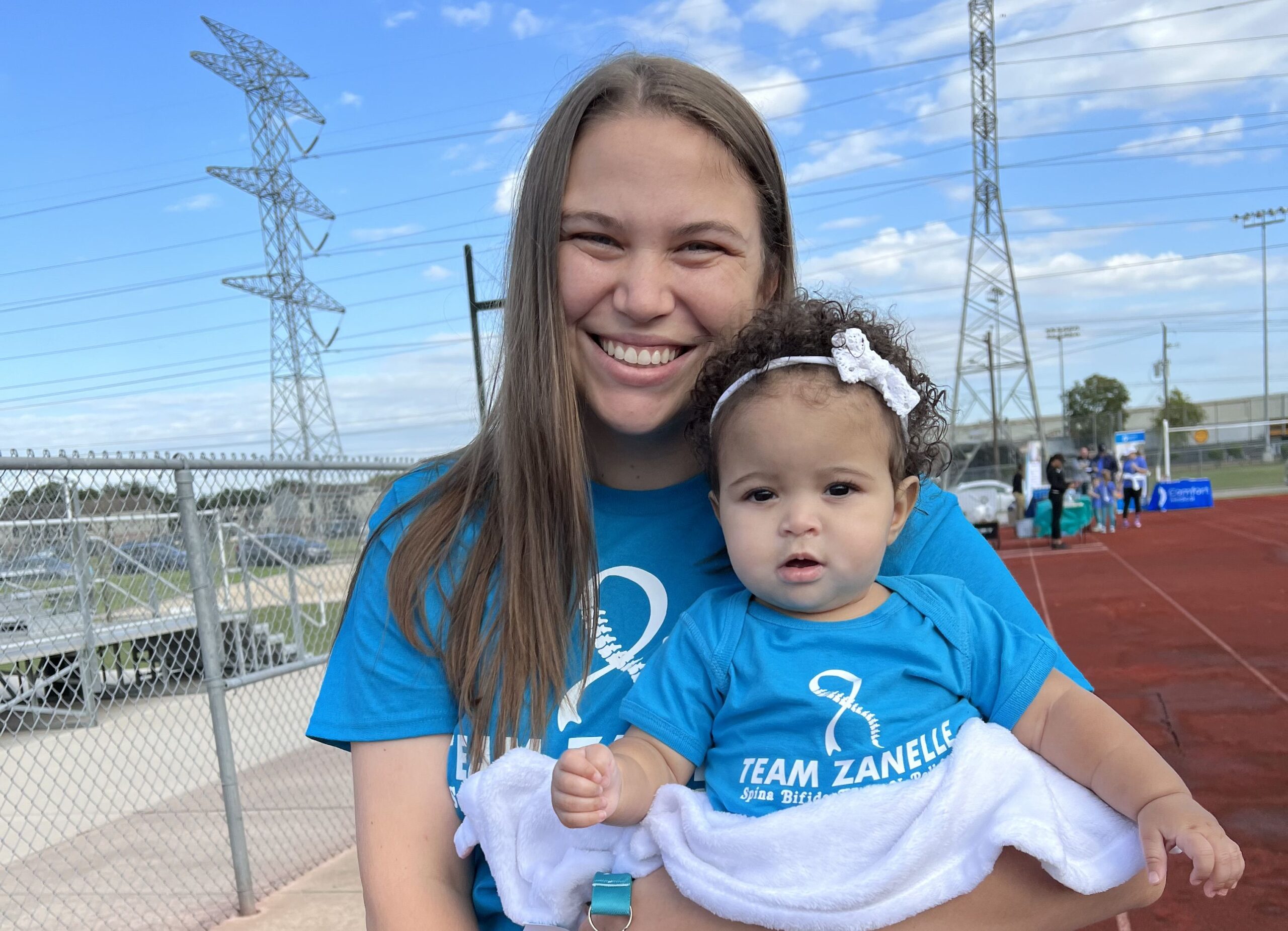Resource
Transitioning Urological Care
Overview
Transitioning urological care signals the gradual shifting of responsibility for healthcare decisions from a parent to their child and is part of preparing young adults for independent lives. It is important that as a child starts to assume their own healthcare decision making, they learn the importance of regularly reviewing their urological routine, even if there are no urological problems before the transition.
Getting Started – the Three Ps of Transition
It is important to know your child’s interests, limits and habits-helping find ways to reach the goal of regular clean and careful catheterization. Monitor your child’s activities, particularly after augmentation surgery when problems, such as stretching the bladder or a bladder rupture, can be devastating.
It is critical to this transition that your child’s doctors stay involved. They can educate your child on the importance of keeping a healthy urinary tract and kidney and the responsibilities required to do so.
Transition can be broken down into three components:
Preparation – both you (as parents) and your child need to learn how this works. As parents, learning to let your child make their own decisions and supporting them is difficult. It may take several years before everyone feels ready. Your provider may start to discuss this from the early teen years. Take a look at https://www.gottransition.org/ for some useful information. Start with basic things like knowing a bit about their condition and treatment. Can your child call to schedule an appointment or refill supplies/medication?
Plan – if you are transferring from a pediatric provider to an adult provider – try and agree a plan for what is needed. How often are reviews needed? What regular medications are needed? What about catheterization or enemas? Will you need imaging?
Provider of the Future – who is the person/team that is going to help you manage this plan and be responsible for seeing you?
Urological Self-Care
Most people with Spina Bifida have to catheterize and many have had a bladder augmentation or reconstruction. Physicians need to keep tabs on kidney function, so teens should see their urologists yearly. Almost everyone who catheterizes has bacteria in the urine – if there are no symptoms it usually does not need treating, but if there are symptoms it is probably a urinary tract infection and needs to be treated promptly.
Catheterization supplies need to be clean and it’s important not to rush through the process. Gender-specific techniques, critical to minimize infections, should be practiced. Maintaining a good intake of fluids and practicing healthy nutrition habits play a strong role in discouraging urinary tract infections (UTIs).
Bladder concerns become more relevant:
- Bladder stones, common problems with people who catheterize, must be removed because they can cause more stones or infections.
- Bladder ruptures, perhaps due to ineffective or infrequent catheterization, cause the bladder to overfill and usually occur without symptoms until the patient is very ill.
- Bladder tumors, while not common, must be removed.
Barriers to transitioning urologic care
Many young adults may not deal responsibly with their self-care regimen. Many teens want to be like everyone else and are in denial about the idea of catheterizing themselves. Teens may not understand the need and don’t see catheterization as a big deal or they simply forget to catheterize, until something or someone reminds them. Sometimes parents struggle to ‘let go’ and allow their child to take on the responsibility. It is also true that some children may have very complex healthcare/social needs and may not be completely able to live independently, for these patients trying to give them support to do as much as they can for themselves remains important.
Conclusion
Transitioning urological care from the parent to the child can be a long but worthwhile process. Progress may not always be smooth. Ideally start conversations early and stick with it, the reward will be a young adult who you know and trust will be able to look after their own healthcare needs.
This information does not constitute medical advice for any individual. As specific cases may vary from the general information presented here, SBA advises readers to consult a qualified medical or other professional on an individual basis.
Reviewed by Daniel Wood, M.D.
This information does not constitute medical advice for any individual. As specific cases may vary from the general information presented here, SBA advises readers to consult a qualified medical or other professional on an individual basis.



